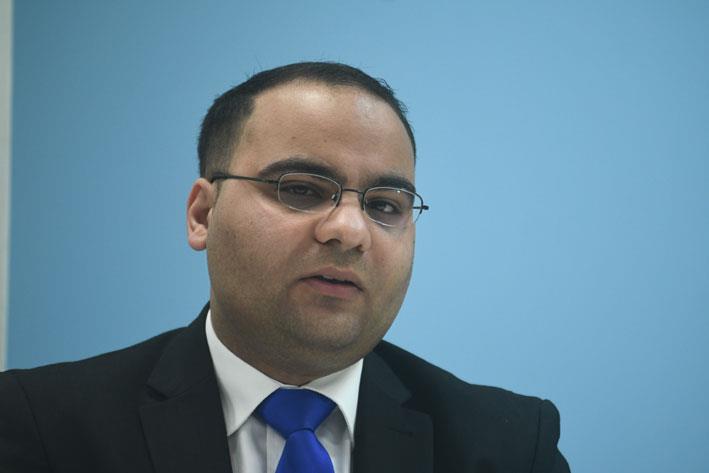Employment and Education Minister Evarist Bartolo believes that the temporary employment agency to be set up for migrants cannot be overly complicated from the start, and improvements would have to be made with time.
Mr Bartolo was responding to questions by the media at a press conference where he outlined the strengths and challenges highlighted from the EU Commission’s country report on Malta.
Asked whether the token system being proposed for migrants would be enough to protect them against abuse carried out by employers, Mr Bartolo said that inspections and safeguards are obviously necessary, adding that merely bringing migrants out of the black market is already a step in the right direction because it would allow for inspections.

The scheme is schedule to begin at the end of March, and will include two job brokerage offices at Marsa and Hal Far open centres, which host asylum seekers and refugees. The thinking behind the scheme is for migrants to find short-term work through official and regulated means, rather than loitering in well-known spots such as Marsa, and waiting for somebody to pull over and offer them work.
Under the proposed scheme, migrants would be required to register themselves at the job offices and highlight their skills, and the office will then match them with an employer.
EU Commission country report
Mr Bartolo outlined the strengths and challenges posed by Malta’s current labour and education sectors. With regard the labour sector, the two biggest challenges are encouraging people to further their skills within their chosen profession, and the second is that Malta is lacking an effective system of accreditation for skilled workers. Accreditation is important for job mobility, especially across the EU as it is a rubber stamp of the individual’s competence levels in a particular sector.
In addition, Malta managed to attain a 70 per cent active labour engagement ratio last year, with the Minister highly confident that the EU’s 2020 target for 75 per cent employment ratio will be reached.

Chairman of JobsPlus (formerly known as the Employment and Training Corporation) highlighted positive labour market statistics, such as the average of 40 persons per week exiting employment in the last year when compared with the 80 persons per week under the previous Nationalist Party administration.
He said that unemployment continued to decrease between January and February 2017, with the unemployment figure reaching 2,800 people for this month, roughly down 100 people from January.
The Commission highlighted the need to address a skills mismatch problem facing the nation, where jobs in Malta labour market on offer are increasingly more skilled.
With regard Education, Mr Bartolo proudly noted that Malta was among the top five EU member states that spend most on education. Malta currently spends roughly 5.6 per cent of GDP on education, while the EU average stands at 5 per cent. He also noted Malta’s high spending on tertiary education, inclusive of University and MCAST.
“Reform in the education sector over recent years is starting to gain momentum,” said Mr Bartolo as he quoted from the EU Commission country report.